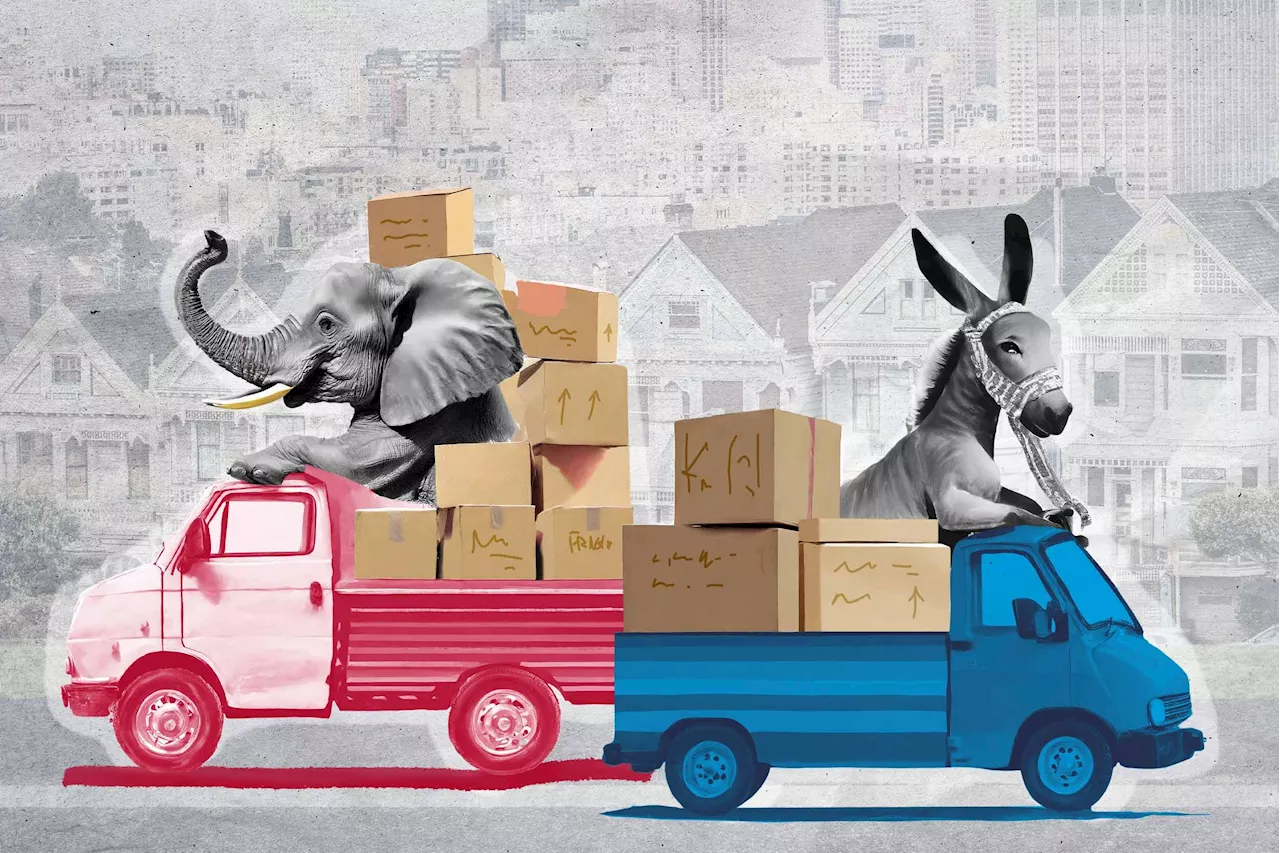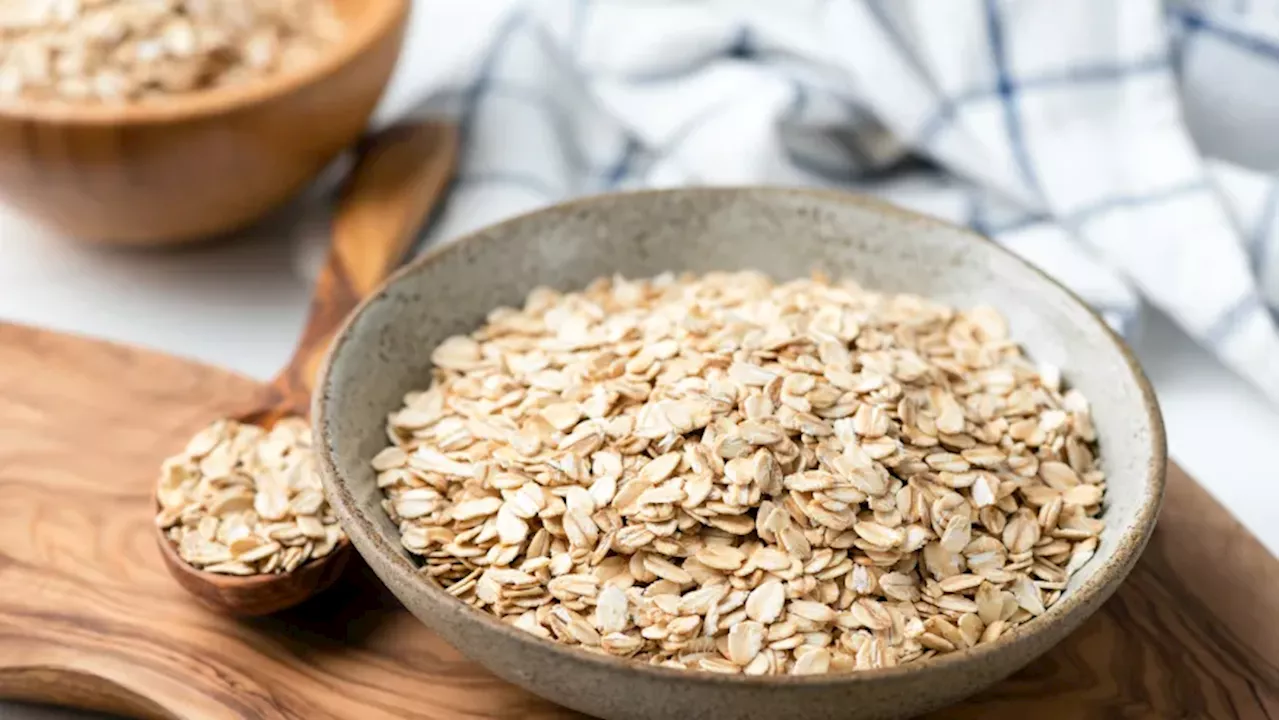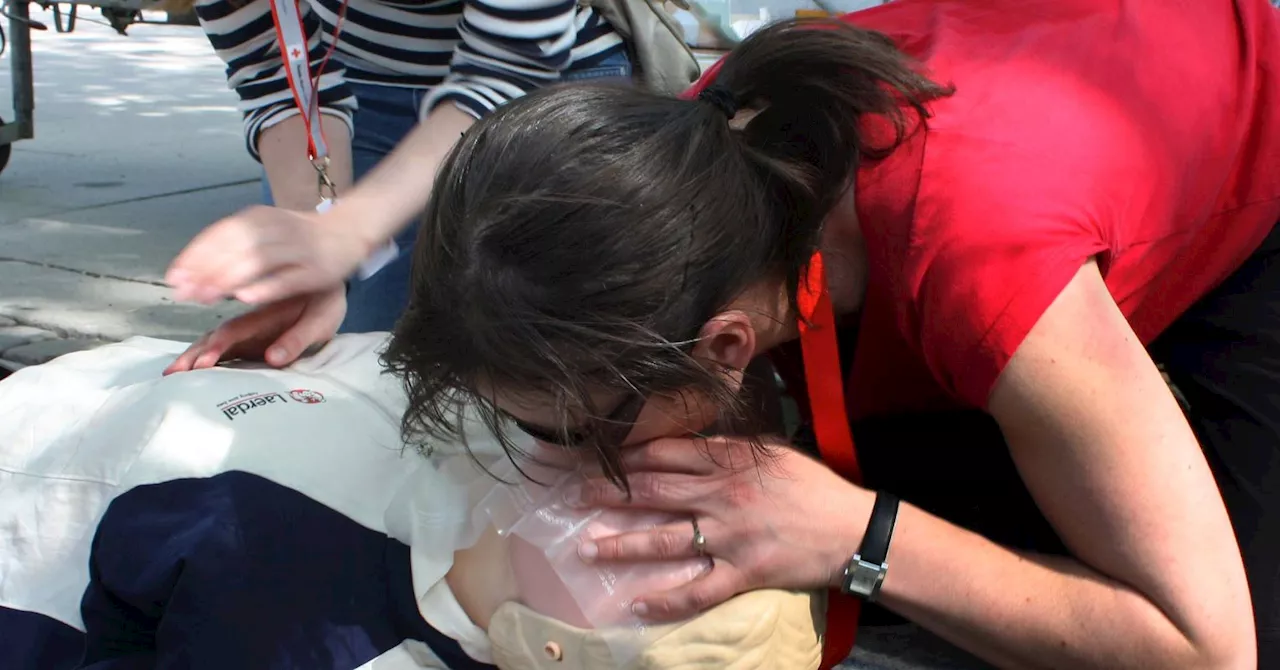A new scientific paper explains inhibitors to helping during a crisis and how to encourage people to do more.
The key inhibitors cluster around not wanting to assist and not being able to assist.You witness a multi-vehicle collision as you amble along the street, or your immunocompromised neighbour asks you to shop for them as a new virus spreads.
Overall, as expected, it is complicated. Multiple factors interact in multiple ways across multiple individual and collective norms and expectations, following multiple trajectories for multiple reasons leading to the same outcome of not helping.The study could perhaps have delved more fully into the vast science available in order to deepen the analysis. Part of understanding why people do not help in times of need might be linked to terminology removing responsibility from society.
How inhibiting are these phrases? We do not know, because as Kossowska and colleagues show, no one has looked at this specific topic, yet so many authors continue to use the terms without critique. There is so much science on the problems with these terms used uncritically while offering alternatives. There is also so much science on helping or not helping others. We lack investigations that combine the two.We need further work on any changes over time to gawking and rubbernecking.
United States Latest News, United States Headlines
Similar News:You can also read news stories similar to this one that we have collected from other news sources.
 Abortion pill 'extremely safe,' says UCSF studyThe Supreme Court will decide next month if it’ll roll back the FDA’s rule that patients are not required to go in person to receive abortion medication and San Francisco experts have found that the pill poses little to no risk to patients
Abortion pill 'extremely safe,' says UCSF studyThe Supreme Court will decide next month if it’ll roll back the FDA’s rule that patients are not required to go in person to receive abortion medication and San Francisco experts have found that the pill poses little to no risk to patients
Read more »
 Political Differences Can Prompt Neighbors to Move, Study FindsA study suggests that individuals with different political beliefs from their neighbors are more likely to move to a different neighborhood. The research highlights the impact of political polarization on social dynamics and residential patterns.
Political Differences Can Prompt Neighbors to Move, Study FindsA study suggests that individuals with different political beliefs from their neighbors are more likely to move to a different neighborhood. The research highlights the impact of political polarization on social dynamics and residential patterns.
Read more »
 80% of Americans test positive for infertility-linked chemical: StudyAmericans are being exposed to a chemical found in oat-based foods, including Cheerios and Quaker Oats, that can pose a risk to reproductive and de...
80% of Americans test positive for infertility-linked chemical: StudyAmericans are being exposed to a chemical found in oat-based foods, including Cheerios and Quaker Oats, that can pose a risk to reproductive and de...
Read more »
 When Grandparents Support Mom, Antidepressant Use Drops: StudyWhen grandparents can lend a hand with little ones, moms are less likely to battle depression.
When Grandparents Support Mom, Antidepressant Use Drops: StudyWhen grandparents can lend a hand with little ones, moms are less likely to battle depression.
Read more »
 A new study with interesting results compared THC to the psychedelic drug LSD.A new study compared the neural effects of oral THC, the main active compound of cannabis, with a microdose of the classic psychedelic LSD.
A new study with interesting results compared THC to the psychedelic drug LSD.A new study compared the neural effects of oral THC, the main active compound of cannabis, with a microdose of the classic psychedelic LSD.
Read more »
 Princeton Study Uncovers Unseen Pitfalls of Popular Clean Energy Procurement MethodsScience, Space and Technology News 2024
Princeton Study Uncovers Unseen Pitfalls of Popular Clean Energy Procurement MethodsScience, Space and Technology News 2024
Read more »
